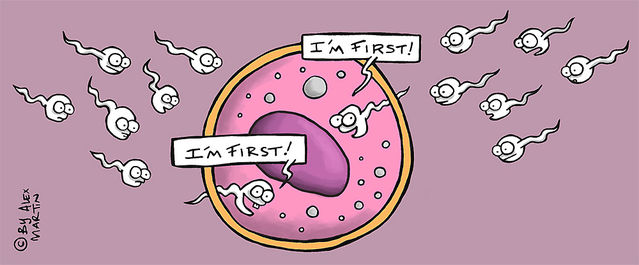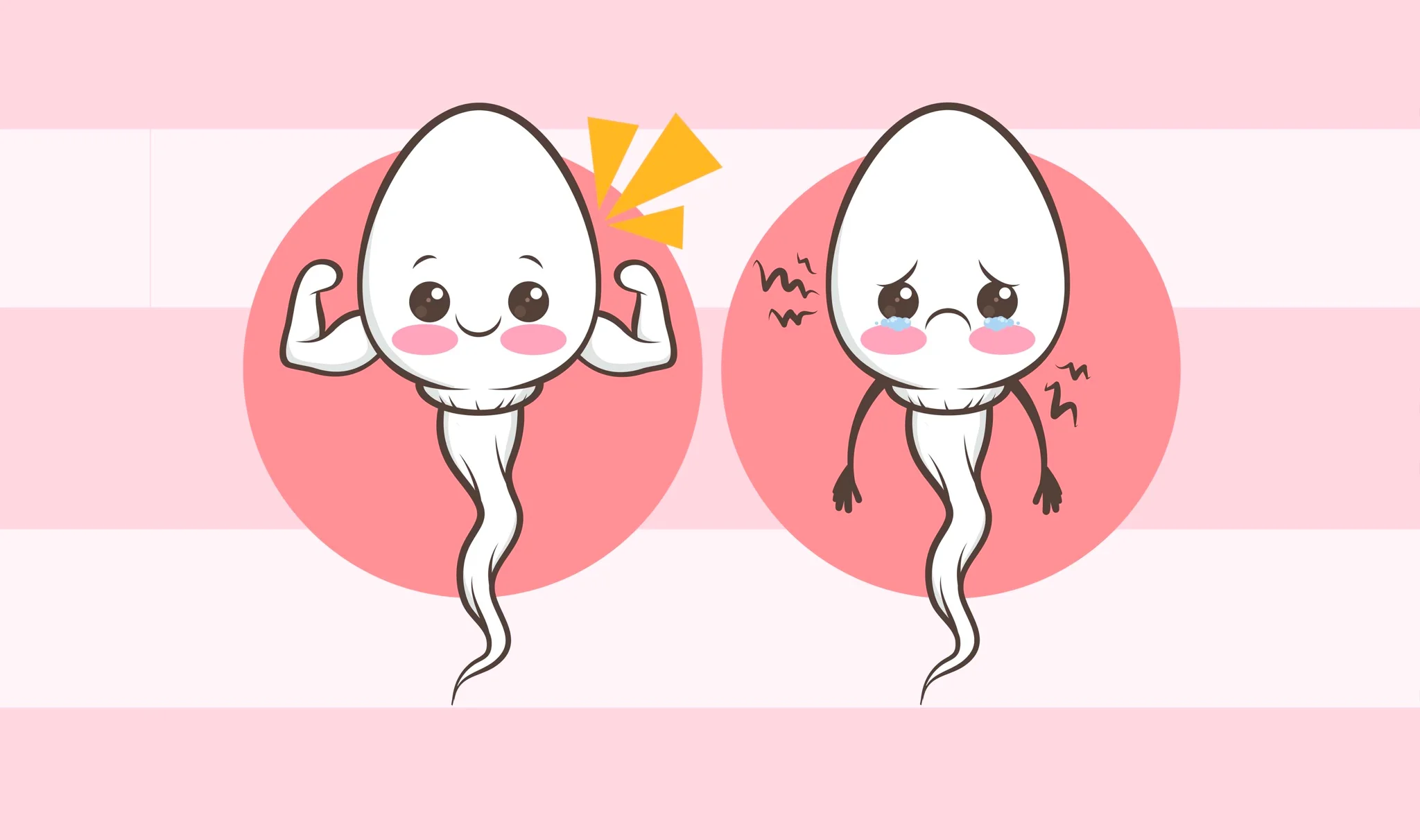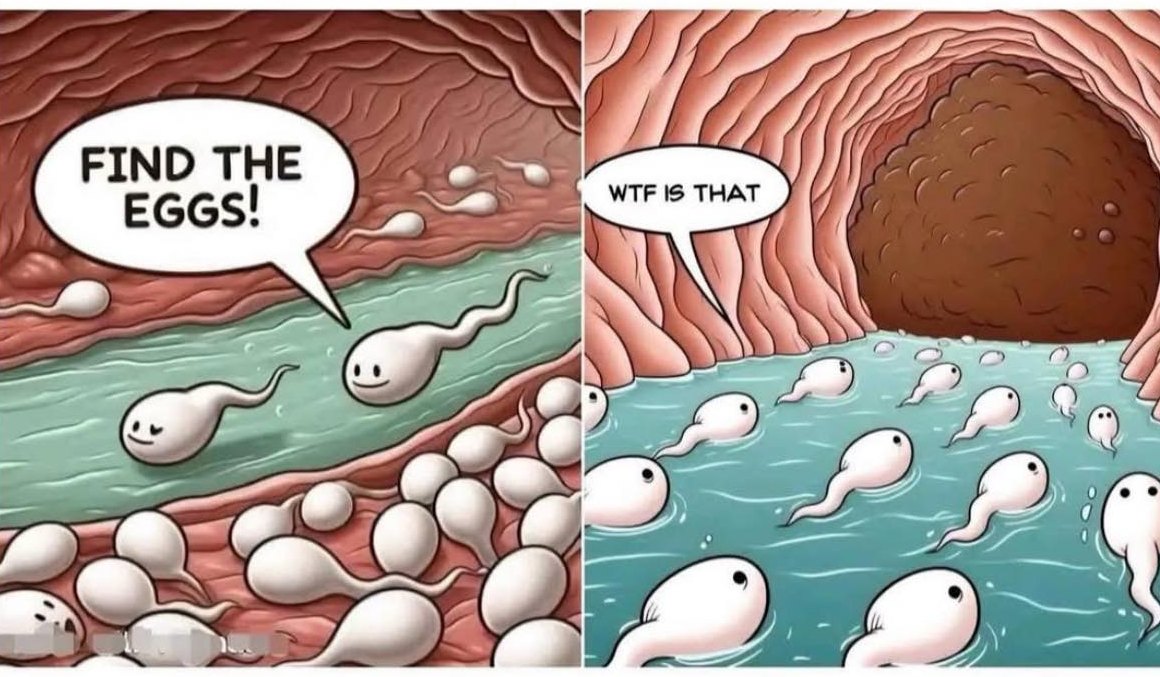For decades, the fertilization process was viewed as a biological race in which millions of sperm competed to be the first to reach and fertilize a passive, waiting egg. But recent discoveries are rewriting this long-held narrative. It turns out that the egg might not be as passive as once thought — and could actually be involved in choosing which sperm wins the race.
Welcome to the evolving world of reproductive science, where the concept of “egg-sperm compatibility” is reshaping our understanding of fertility, natural selection, and even assisted reproductive technologies.
The Traditional View of Fertilization

Historically, fertilization has been described as a high-stakes competition: millions of sperm swim upstream, with only the fastest and strongest making it to the egg. The first one to penetrate the egg’s outer layer is deemed the winner, leading to conception.
This sperm-centric model has dominated textbooks, biology classes, and popular science discussions for years. However, it paints the egg as a passive bystander in the process. New evidence suggests that this model may be overly simplistic — and even misleading.
New Evidence: The Egg’s Active Role

Recent research reveals that eggs may exert influence over which sperm fertilizes them. One key mechanism behind this is chemical signaling. Eggs and the surrounding cells within the female reproductive tract release chemical compounds known as chemoattractants, which guide sperm toward the egg. But what’s more surprising is that these signals seem to affect different sperm differently.
The Study That Sparked the Debate

A 2020 study published in the journal Proceedings of the Royal Society B found that human eggs do not attract all sperm equally — even when the sperm came from the same male partner. Researchers observed that eggs released chemical signals that preferentially attracted sperm from certain individuals over others, suggesting a form of biological compatibility or selection.
This finding suggests that fertilization is not just a matter of chance or speed — but rather of biochemical communication and compatibility. The egg, it seems, might “prefer” certain sperm over others based on subtle genetic or molecular cues.
How Does the Egg Choose?

While the exact selection mechanisms remain under investigation, scientists propose several key theories:
1. Chemoattractants and Genetic Compatibility
The egg’s surrounding cumulus cells release molecules that guide sperm toward it. But these molecules may do more than simply direct traffic — they may create chemical gradients that different sperm respond to with varying degrees of success.
This chemical “communication” may help ensure genetic compatibility, potentially favoring sperm that will result in healthier embryos or reduced risk of genetic disease.
2. Immune System Interplay
Some studies suggest that a woman’s immune system may influence which sperm succeed, possibly based on HLA (human leukocyte antigen) compatibility. This genetic factor plays a role in immune response and has been linked to reproductive success. The egg may favor sperm with immune gene combinations that would produce a stronger or more diverse immune system in offspring.
3. Sperm Quality Filtering
Rather than selecting specific individual sperm, the egg may act as a filter — repelling low-quality or damaged sperm through physical or chemical means. This would be a natural mechanism to improve the chances of successful fertilization and a healthy pregnancy.
What Does This Mean for Fertility?

Understanding that eggs play an active role in selecting sperm could have far-reaching implications — particularly in the fields of fertility treatment and reproductive health.
Implications for IVF (In Vitro Fertilization)
In standard IVF procedures, fertilization is typically achieved by exposing eggs to a concentration of sperm in a petri dish. If egg-sperm compatibility plays a larger role than previously thought, this method might bypass or overlook natural selection mechanisms that would occur in the body.
This could explain why some IVF cycles fail despite using healthy sperm and eggs. It also opens the door for personalized fertility treatments, where matching eggs and sperm with the highest compatibility could improve outcomes.
Understanding Unexplained Infertility
For couples experiencing unexplained infertility, this new understanding could offer hope. If certain eggs and sperm are chemically incompatible, even in the absence of diagnosable issues, this could account for failed fertilization despite normal test results. Future fertility diagnostics may include compatibility screening between partners.
Debunking the “Fastest Sperm Wins” Myth

The idea that the “fastest sperm” wins is deeply rooted in both science and popular culture. However, we now know the journey is far more nuanced.
While speed and motility matter, they are not the only factors determining success. Sperm must be biochemically compatible with the egg and navigate a complex series of checks within the female reproductive tract.
In fact, studies show that many sperm reach the egg, but only one is accepted — suggesting a kind of “vetting” process occurs at the egg level.
Is This “Choice” Conscious?
It’s important to clarify that the egg’s selection process is not a conscious choice, but a biological interaction based on chemical signals, genetic markers, and molecular pathways. The term “choice” is metaphorical, used to describe the egg’s role in actively influencing fertilization outcomes.
The Evolutionary Advantage
From an evolutionary standpoint, it makes sense for the egg to play a gatekeeping role. Choosing sperm that best complement the egg’s genetic makeup or that are healthiest increases the chances of producing viable, fit offspring. This selective advantage ensures the passing on of strong, adaptive genes.
Final Thoughts
The science of fertilization is far more complex and collaborative than previously thought. While sperm do undertake a remarkable journey, the egg is not simply waiting to be fertilized — it is participating in a selective, intelligent biological process that favors compatibility, health, and success.
As research continues to evolve, this paradigm shift will not only reshape our understanding of human reproduction but could also revolutionize the way we approach fertility treatments, genetics, and reproductive health.
Sources:
-
Proceedings of the Royal Society B (2020): Human eggs influence sperm selection
-
Nature Reviews Endocrinology: Reproductive immunology and fertility
-
CDC and NIH: Fertility and reproduction statistics
